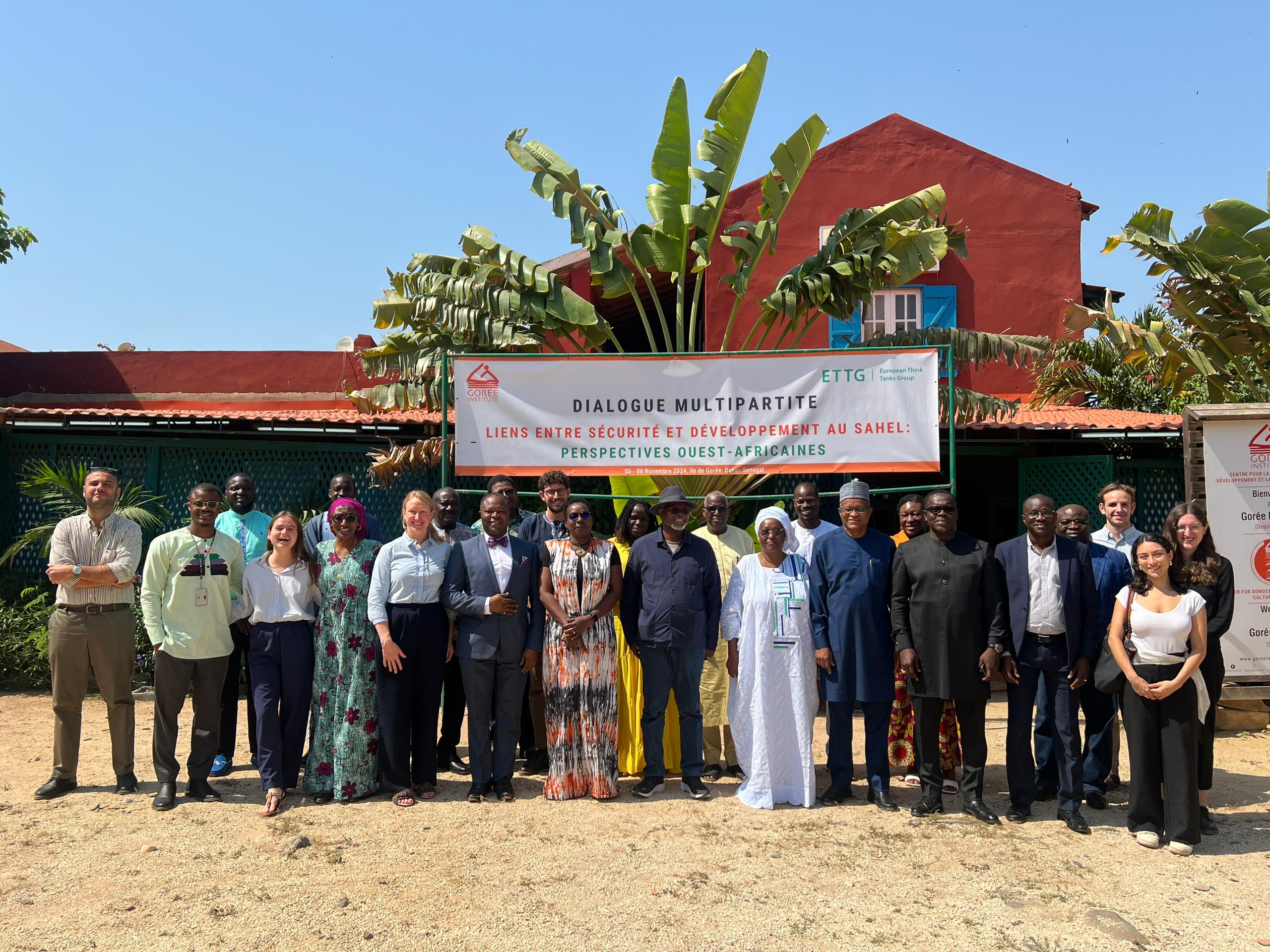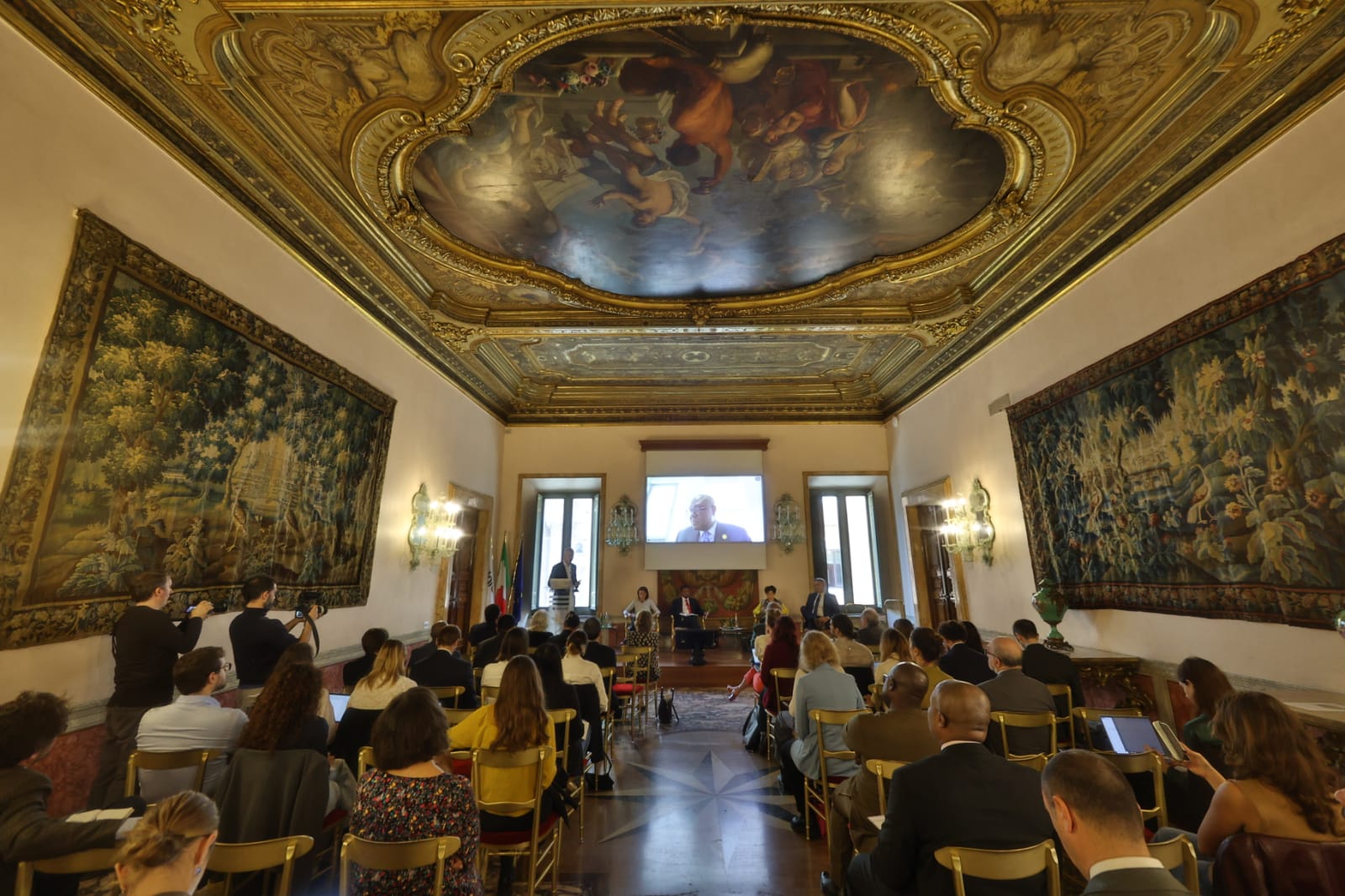With the increasing reliance on development finance to mobilise resources and catalyse private sector initiatives and finance at scale for greater sustainable development impact, there is a parallel impetus to foster greater coherence and synergy among development actors.
Europe is at the forefront of this endeavour. As collectively the large provider of official development assistance (ODA) in the world and a major economic powerhouse, Europe can strengthen its efforts to better combine its various tools and objectives toward achieving sustainable development goals (SDGs).
A key means to realising this is through better coordination between donors, implementing agencies and financial institutions for development – i.e., development finance institutions (DFIs) and public development banks (PDBs). Building on the Team Europe and Working-Better-Together approaches, the ‘policy-first’ principle and European values and objectives, the European Union (EU) needs to foster these coordination efforts to take full advantage of its budgetary and policy frameworks, which include NDICI/Global Europe and the European Fund for Sustainable Development Plus (EFSD+), with a view to strengthening the European (financial) architecture for development (EFAD).
To this end, a key question is how the coordination between the roles and activities of European donors, implementing agencies and DFIs/PDBs can be best articulated and implemented in practice.
To address this issue, the Practitioners’ Network for European Development Cooperation called on the European Think Tank Group (ETTG) and its members to draw some insights from the practical coordination experiences of a range of European actors, including the European Investment Bank (EIB), the European Bank for Reconstruction and Development (EBRD), France, Germany, Italy, the Netherlands, Spain and the UK.
This event will bring together representatives of European donors, implementing agencies and DFIs/PDBs, including EU institutions and international organisations, by invitation only, to share informal views and experiences in their personal capacity under Chatham House rules.
Photo by Shwetangi Gupta on Unsplash.






